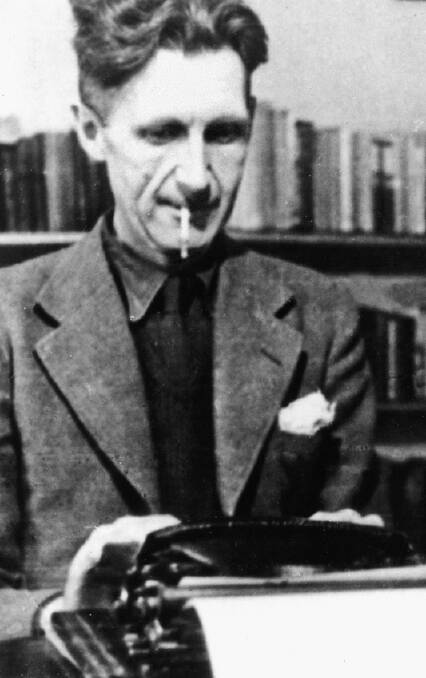In the light of our current societal directions Orwell’s Animal Farm is worth a read, along with Huxley’s A Brave New World. Animal Farm is a satire from within.
Subscribe now for unlimited access.
or signup to continue reading
Orwell was a socialist, but saw Russian pre-war Communism as a corruption of the ideal. He was also a Church-goer, but sceptical of organised religion – the raven in Animal Farm is a parody of mainstream religion.
In the book, the animals revolt against humans, attempting to deliver a fairer, more equitable society.
Orwell picks up the themes of equality and justice as the public motivating concepts, while greed and power are the hidden, but real, drivers of behaviour.
The animals succeed and set up commandments to live by. Some draw a line between animals and people.
One makes it unlawful for animals to kill animals and the last and most important is that, “All animals are equal”, something which is completely corrupted by the end of the book, becoming “all animals are equal, but some animals are more equal than others”.
There’s no doubt that equality is one of humanity’s heart cries. Equality or justice will always be a winning card if one can hold either or both of them in an argument.
So, let me be provocative, for it may just be that humanity has been looking in the wrong places for what it most desires. In all systems of human thought that I am aware of, it is what we do that counts most.
When people meet each other the second question asked after our name, tends to be “so what do you do?” and here we unmask ourselves as not being equalitarian at all.
We unconsciously measure against each other. This plays out in serious debates about abortion and euthanasia.

“What do these individuals add to the world? If they don’t rate in terms of contribution, or if they create discomfort or work for others, then we feel some justification in the disposing of them. Religion is not exempt.
Many think that to be in the “good books” what we do counts, thus much of the violence in the name of religion (not forgetting Orwell’s warning about the hidden drivers of greed and power).
But the Bible holds out something completely different, the concept of salvation by grace.
Grace says, “It isn’t what I do that matters, but what has been done for me”, just as Jesus went to the cross in my place, meeting the demands of justice and delivering grace,
He leaves no place for gender, or reputation, or popularity, or ethnicity, or wealth, or value in what I do. Grace strips away all those things that we hold over one another.
It allows for difference, but differences don’t contribute to His rescue from the outside.
In the end, an alien grace might be the only true source of human equality, value and hope. Revolutions and human thinking certainly haven’t delivered them.

